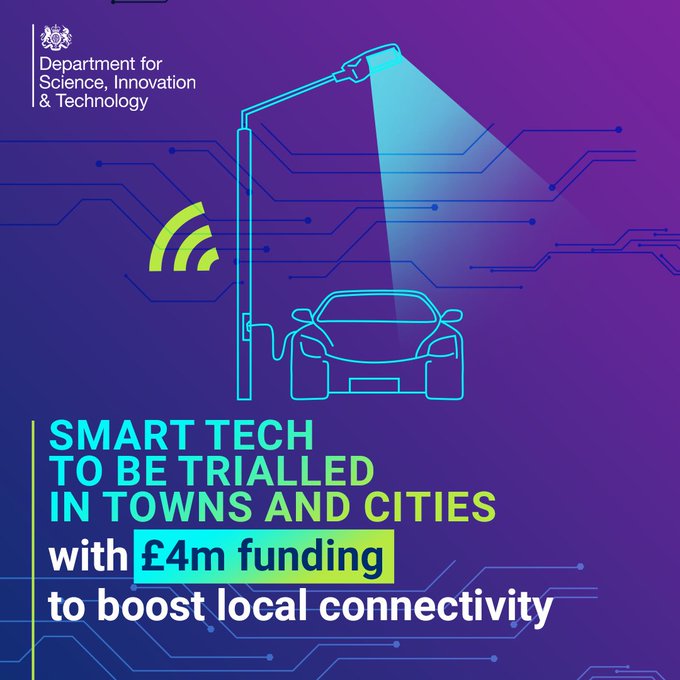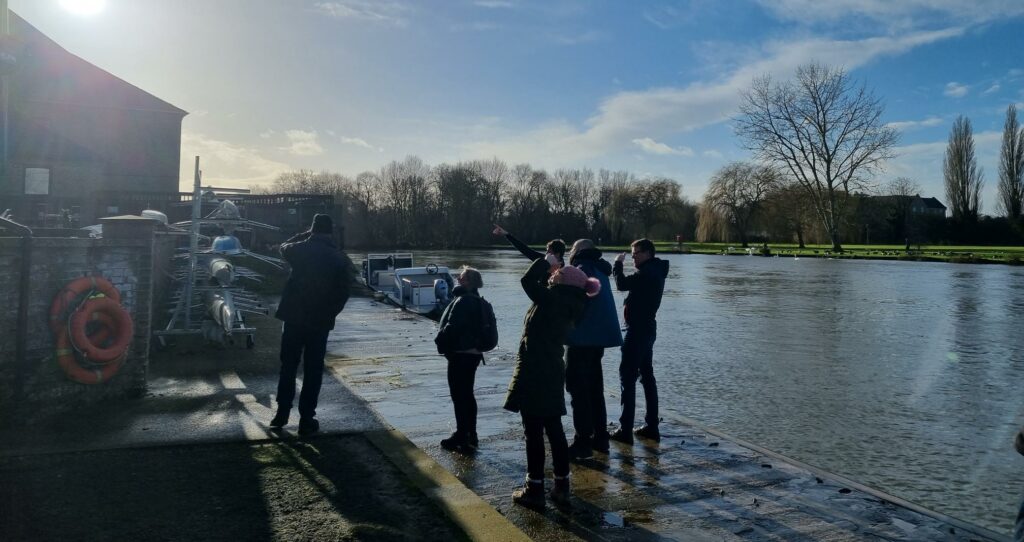Innovative kerbside management solution from AppyParking delivered to local authority partners for real-world testing

AppyWay, the kerbside management and smart parking technology firm (previously known as AppyParking), has confirmed their next-generation Traffic Regulation Order (TRO) management solution, developed in partnership with three local authorities as part of an Innovate UK funded initiative, is being used in a live environment as the project progresses to real-world testing.
In the “Parking Platform” project, a team from Cambridgeshire County Council, Coventry City Council and Milton Keynes Council have collaborated with product developers at AppyParking over the past nine months. The project has uncovered significant opportunities to both relieve the pain endured by Local Authority officers that manage TROs and deliver substantial operational efficiencies.
The three council’s officers are now working with the tool to create and edit TROs with sample data reflecting their local network. Early feedback is suggesting the solution, currently titled ‘AppyMapper’, is reducing time to edit and change TROs with significant savings compared to existing software solutions.
Sunil Budhdeo of Coventry City Council said, “We have identified real savings in the time is takes to upload and edit data in our zone-based parking approach. Work which used to take several weeks is now done in a few hours. This will allow us to be more flexible in the future and support our mobility projects”.
The work fully supports the Department for Transport’s discovery work in digitising TROs and also works with the Alliance for Parking Data Standards (APDS). Darren Capes of the DfT said, “People forget open data doesn’t just happen and needs updating and maintaining in line with policy and land changes.”
David Lines, Highways Engineer at Cambridgeshire County Council agrees, “We’ve been involved in this project to help support the innovative ideas we’re already deploying in Cambridgeshire, that all rely on high-quality digital TRO data.
“The Smart Cambridge programme has been looking at how digitised TRO data can support future mobility such as autonomous vehicles and smart parking, so this is an important requirement for future parking management and we’re pleased to be helping make sure the service meets our needs.”
Steve Hayes of Milton Keynes Council says, “UK local authorities are the gatekeepers of parking, aligning it to local policies as new innovations emerge. If we want the benefits of mobility innovation to be felt across the UK – something the FoM Strategy requires – we need the tools to minimise the impact on our parking teams.”
Karla Jakeman of Innovate UK added, “This idea enables a vision for smarter parking for UK local authorities, future-proofing them for connected transport and mobility as a service. Digital TROs are a core need for other projects Innovate UK is supporting and we are delighted to help bring this innovation to the market.”
Dan Hubert, Founder and CEO of AppyWay, summarises “This really is a collaboration – Innovate UK funded 3 very different local authorities to work with us to develop and test our product. We have learned so much about the “TRO Pain” officers experience and our entire team has worked well to develop something that we can offer to other authorities very soon. Without Innovate UK support we wouldn’t have been able to invest in this ground-breaking development and gain the customer insight so vital to making a step change in parking.”
The development of the solution is timely, with momentum continuing to build behind the standardisation of digital TROs in the UK, with the Department for Transport highlighting their important role in realising the objectives laid out in the ‘Future of Mobility: Urban Strategy’ report. Dan Hubert added,
“The foundation of any intelligent transport solution that needs to interact with the kerb, be that the shared mobility services of today or the autonomous robo-taxis of the future, has to be an accurate understanding of how to be compliant: is parking permitted, for how long, how much does it cost? Open access to accurate and standardised kerbside restriction data is essential if the UK is to fulfil its potential of becoming a world leader in intelligent mobility and with our platform, we’re excited that we can empower local authorities to truly be in the driver’s seat on that journey.”
Related Posts

Connecting Cambridgeshire secures £220K funding from Smart Infrastructure Pilots Programme competition

Public and private sector unite to research self-driving vehicles in Cambridge

